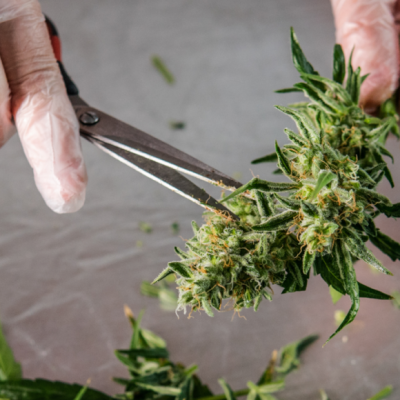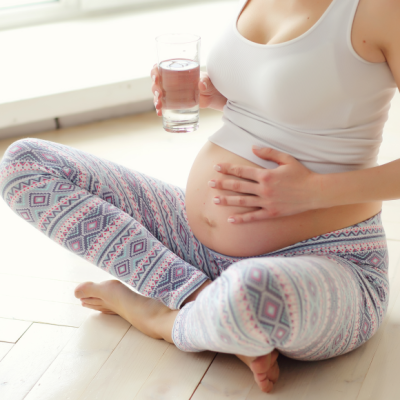The use of cannabis during pregnancy has been found to increase the risk of premature birth and low birth weight. Babies affected by this are more likely to require intensive medical treatment. Researchers at the Centre for Addiction and Mental Health (CAMH) in Toronto, led by Maryam Sorkhou, have conducted a comprehensive meta-study that includes data from 57 studies with a total of 12,901,376 infants, of which 102,835 were exposed to cannabis. The study shows that prenatal cannabis exposure increases the risk of several negative birth outcomes. THC, the main active ingredient in cannabis, can cross the placenta from the mother to the fetus and bind to receptors in the fetal brain, which can have a negative impact on the baby’s growth and development.
According to the publication in the journal Addiction, 20 studies measured the relationship between cannabis exposure in the womb and the risk of premature birth. The combined results showed that mothers who consumed cannabis were over one and a half times more likely to have a premature birth compared to mothers who did not consume cannabis during pregnancy. Ten of the studies examined whether babies exposed to cannabis in the womb were more likely to require treatment in a neonatal intensive care unit (NICU). The data showed that NICU admission was more than twice as common in exposed babies compared to non-exposed babies. Eighteen of the studies measured the risk of low birth weight. Mothers who consumed cannabis during pregnancy were more than twice as likely to give birth to a baby with low birth weight compared to mothers who did not consume cannabis during pregnancy.
Although infants exposed to cannabis are at different risks, they do not have an increased risk of birth defects or death in the first year of life, including sudden unexpected infant death. The worldwide increase in cannabis use among women of childbearing age also extends to pregnant women. This study highlights the importance of avoiding cannabis use during pregnancy to ensure the best possible outcomes for both mother and baby.










